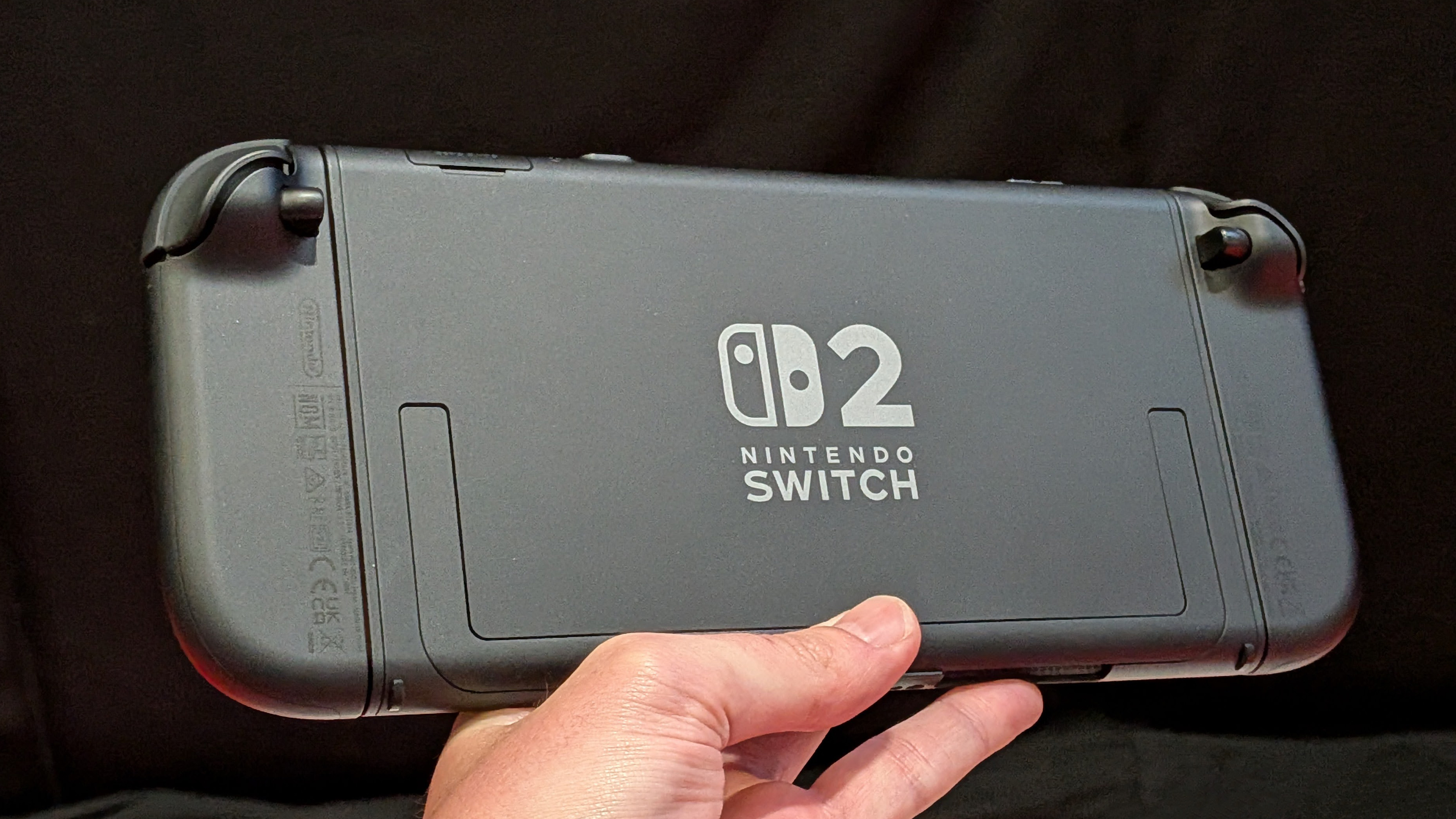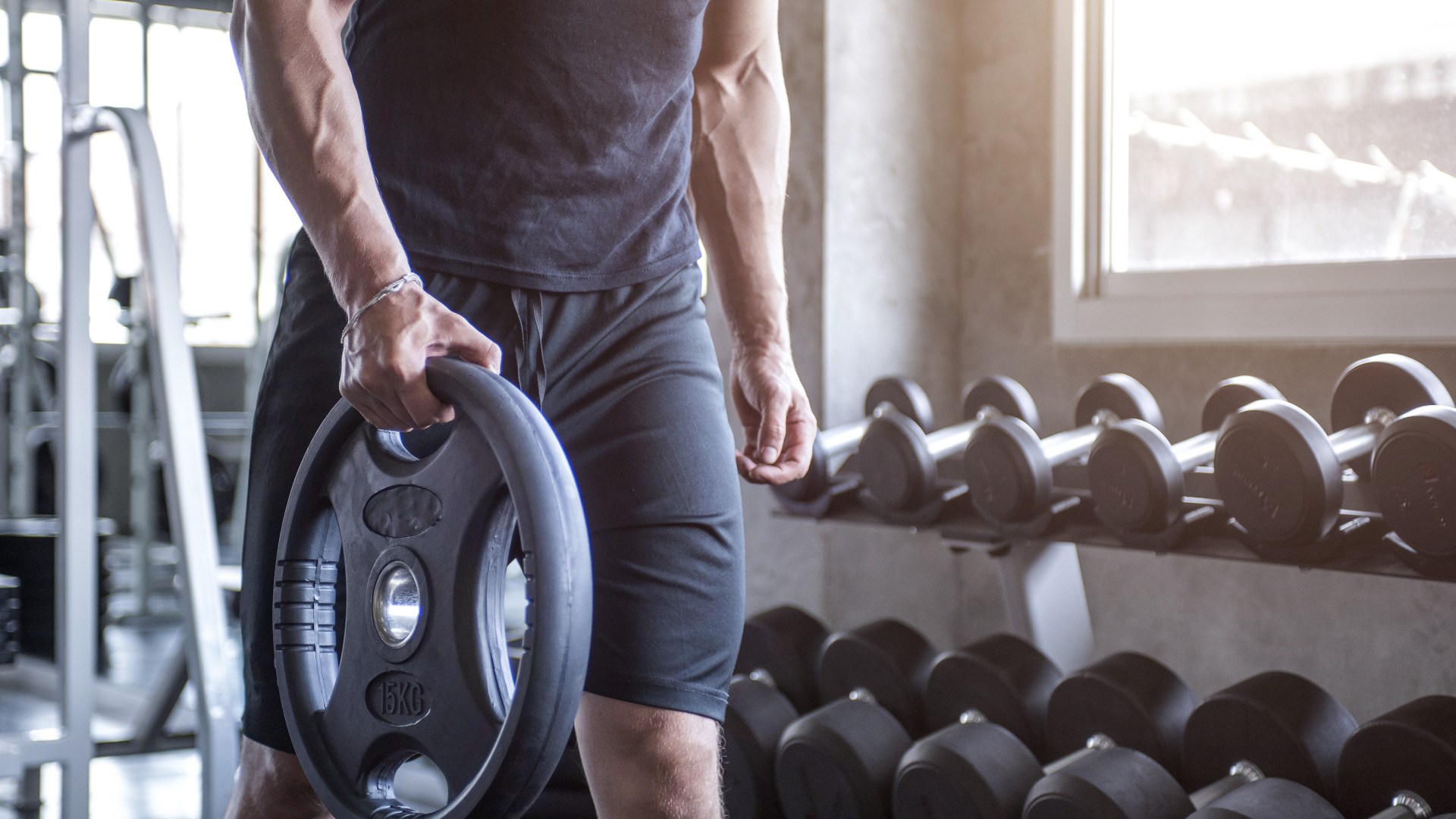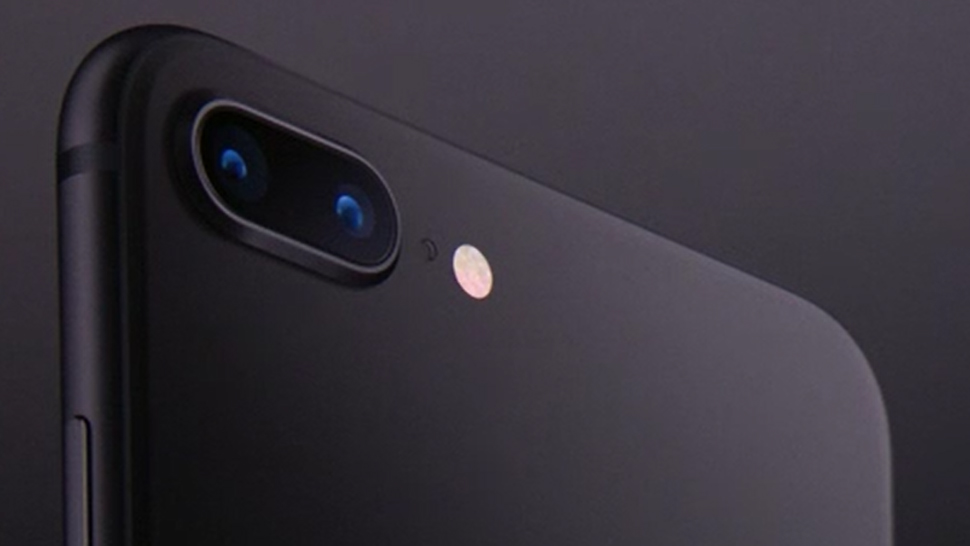

The iPhone X may hog the headlines, but the iPhone 8 is a significant improvement over the iPhone 7 too. So how does it compare with HTC, who kicked off the dual-camera trend, or Samsung, whose industrial design is now just as attractive as Apple’s? Let’s find out.
iPhone 8 vs HTC U11 vs Samsung Galaxy S8: design
The iPhone 8 looks rather like the iPhone 7, but it’s got a glass front and back with a reinforced steel frame and aluminium band. It’s microscopically sealed against dust and liquid.
HTC offers something genuinely different in the form of “liquid glass”, a highly polished glass that appears to change colour as you move the phone, but its squeezy sides are less impressive: the idea of additional ways to control your phone is a good one, but reviewers say it’s been implemented in a half-baked manner: it only works for certain apps. The glass gets covered in fingerprints incredibly quickly and the big-bezelled design looks quite dated.
The Galaxy S8 is a genuinely beautiful phone, its Infinity Display almost eradicating bezels in favour of curved glass. That means a bigger screen without a bigger phone. Samsung’s industrial design has been getting better and better with each version of the Galaxy S range, and the S8 is one of the best-looking phones made by anybody.
- Compare iPhone 8 deals
iPhone 8 vs HTC U11 vs Samsung Galaxy S8: display
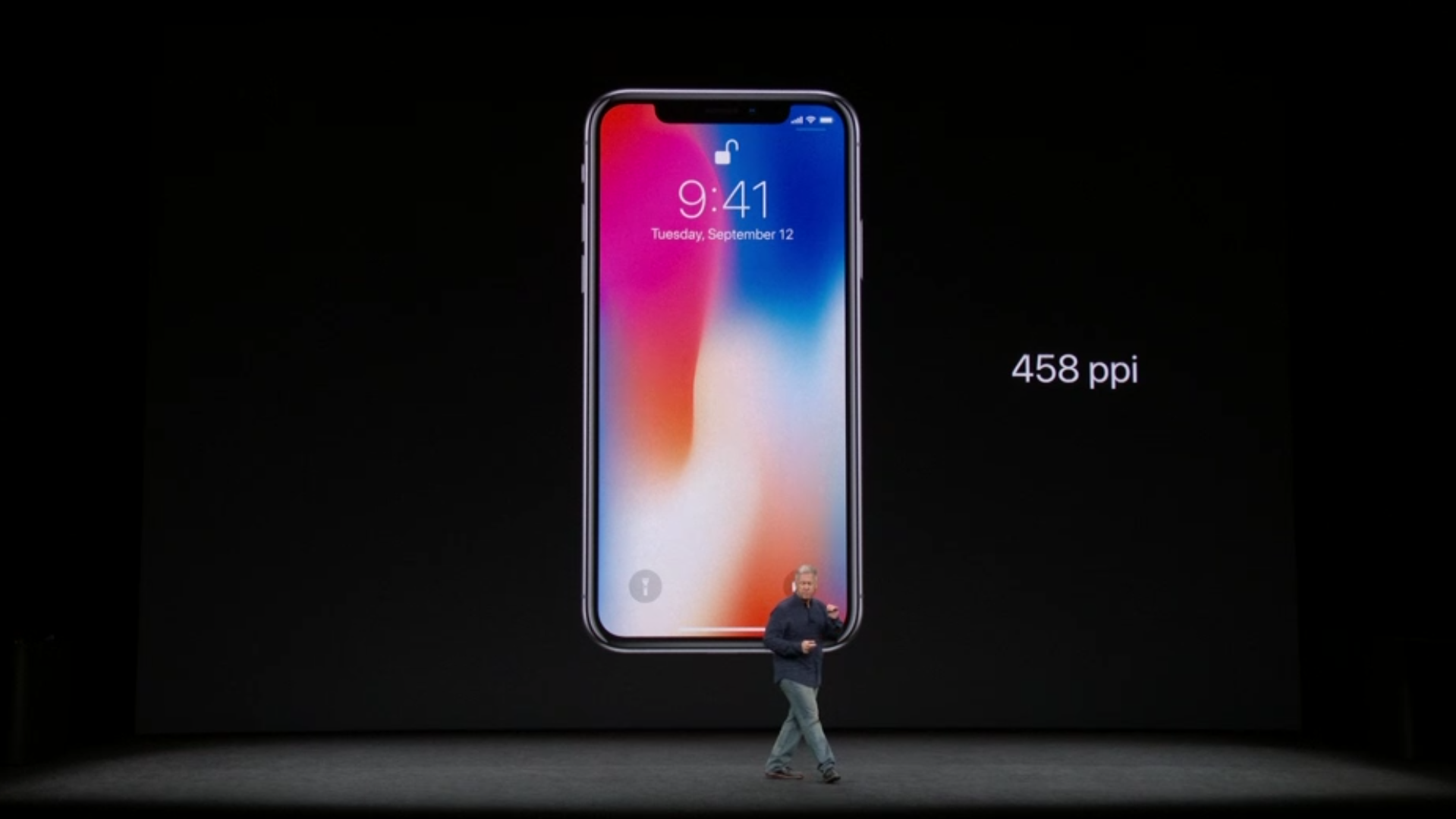
The iPhone has a 4.7-inch 1920 x 1080 retina display with the same True Tone system we’ve seen in the iPad Pro, automatically adjusting screen colour to the ambient lighting condition. It’s subtle but really effective. As with previous iPhones it’s an IPS LCD.
The HTC has a 5.5-inch QHD (2560 x 1440) display which is crisp and clear, if a little less bright than its rivals.
Samsung’s Galaxy S8 has a 5.8-inch WQHD+ display capable of 2960 x 1440, although the default setting is Full HD+ at 2220 x 1080. It offers Samsung’s Always On, which takes advantage of OLED’s ability to light individual pixels to display information when the rest of the display is off.
Sign up to the T3 newsletter for smarter living straight to your inbox
Get all the latest news, reviews, deals and buying guides on gorgeous tech, home and active products from the T3 experts
iPhone 8 vs HTC U11 vs Samsung Galaxy S8: processor, memory and storage
The iPhone 8 is extremely fast, with a new A11 “Bionic” processor running four high performance cores and two energy efficient cores alongside a new Apple GPU. We haven’t seen the iPhone 8 benchmarked yet, but the A10X Fusion processor in the iPad Pro is scoring a whopping 9207 on GeekBench; the A11 Bionic should be faster still. It’s backed with either 64GB or 256GB of internal storage and as ever, there’s no microSD slot.
The HTC has a Snapdragon 835 with 4GB of RAM, and its GeekBench score of 6312 is up there with the very fastest smartphones. It’s available with 64GB or 128GB of storage.
The Galaxy comes in two flavours, both of which have 4GB of RAM and 64GB of internal storage. The US and China models have a Qualcomm Snapdragon 835 with Adreno 540 GPU, while the rest of the world gets the even faster Exynos 8895 Octa processor. That’s currently scoring 6495 in Geekbench tests.
iPhone 8 vs HTC U11 vs Samsung Galaxy S8: camera
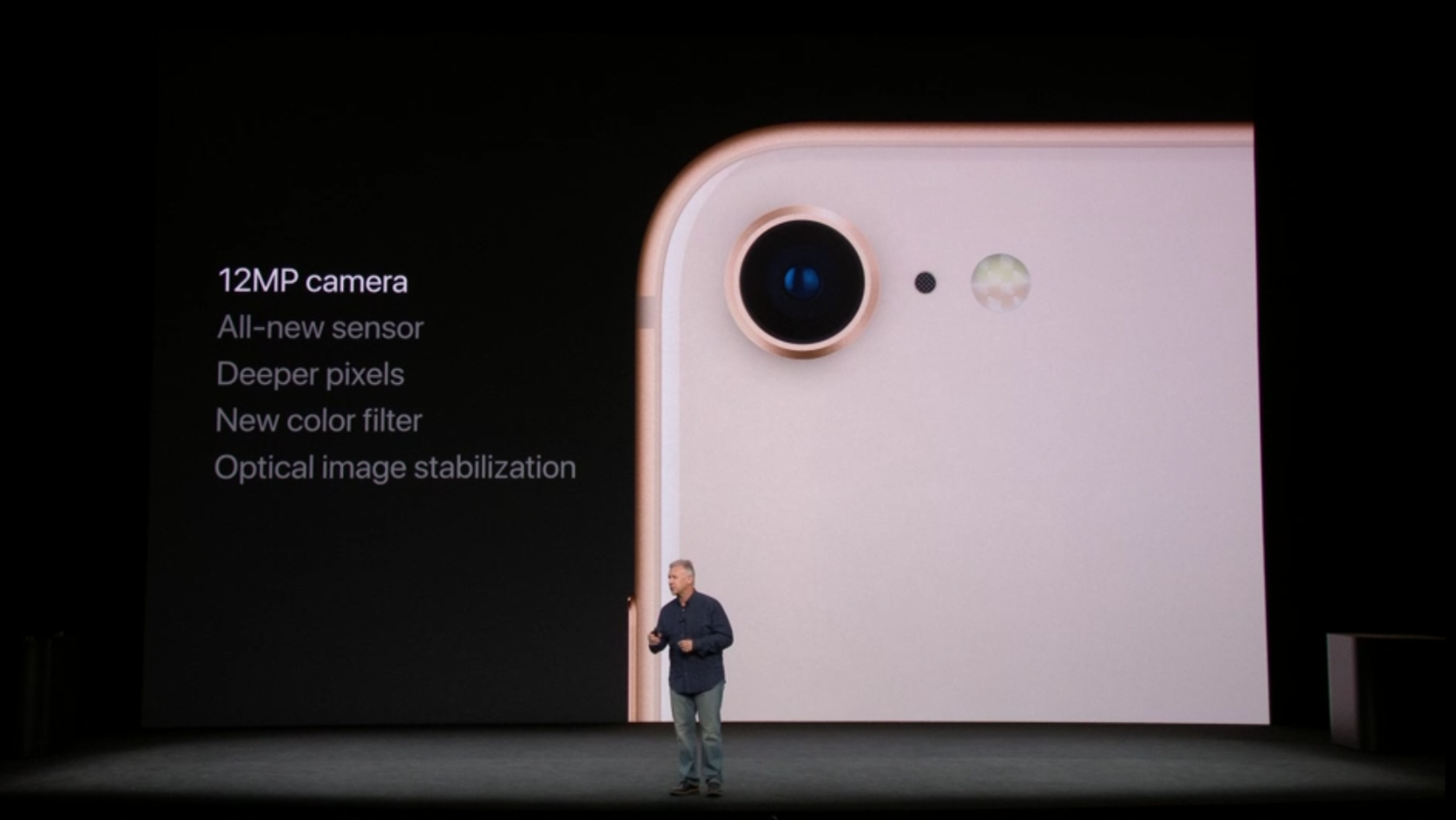
The iPhone 8 camera is better than the already impressive iPhone 7. The new 12MP sensor has 83% more light, faster autofocus, hardware multi-band noise reduction and video capture of 4K at 60fps and slo-mo at 240fps in 1080p resolution. It’s been designed specifically for Augmented Reality apps, with a more energy efficient sensor that should reduce camera drain during prolonged use.
The HTC has just one lens unlike previous HTC flagships - an odd move when rivals are now following HTC’s lead. It’s a 12MP camera with very good HDR performance, lots of professional options and even RAW mode capturing. There’s a little shutter lag, however, and you don’t get the depth effects of dual-lens setups.
Rather than go down the dual-lens route Samsung has instead concentrated on making it easier to shoot great photos. The results are up there with the very best, although the software does have a tendency to overexpose some shots.
iPhone 8 vs HTC U11 vs Samsung Galaxy S8: battery and charging
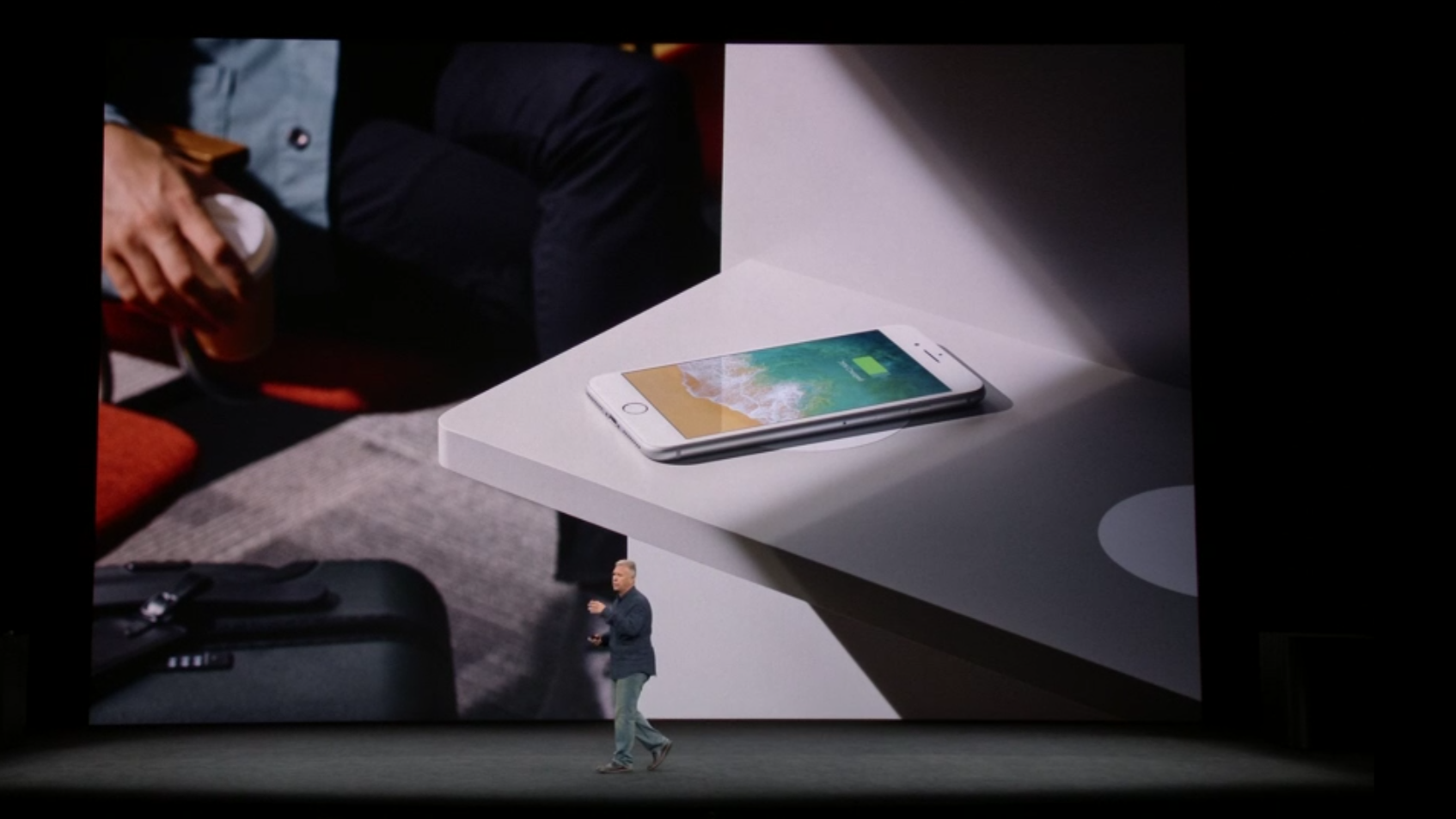
Wireless charging finally makes it to the iPhone, which supports the open and popular Qi standard.
The HTC has a 3,000 mAh battery and its own Boost+ system to learn your habits and optimise battery life accordingly, so for example it runs some apps with fewer pixels to save energy. Charging is via the USB port.
The Galaxy S8 also has a 3,000 mAh battery with optional wireless charging.
iPhone 8 vs HTC U11 vs Samsung Galaxy S8: software
The iPhone 8 ships with iOS 11, the latest and most impressive version of Apple’s mobile OS. It’s slicker than before and has clearly taken some inspiration from Android, but its real joys are reserved for iPads.
As ever HTC brings its Sense interface to stock Android Nougat, and it also offers Sense Companion, an AI app that tries to be helpful by analysing your calendar, checking the weather forecast, learning what apps you use when and so on. It’s quite clever, warning you if you need to charge your battery in anticipation of an evening appointment or recommending somewhere nearby to eat.
Samsung offers Bixby, its rival to Siri and Cortana, along with a revamped version of its TouchWiz user interface on top of Android Nougat. It also has Bluetooth 5, which enables you to pair headphones and sync their volume controls with the phone and offers dual speaker support for wireless speakers.
iPhone 8 vs HTC U11 vs Samsung Galaxy S8: price
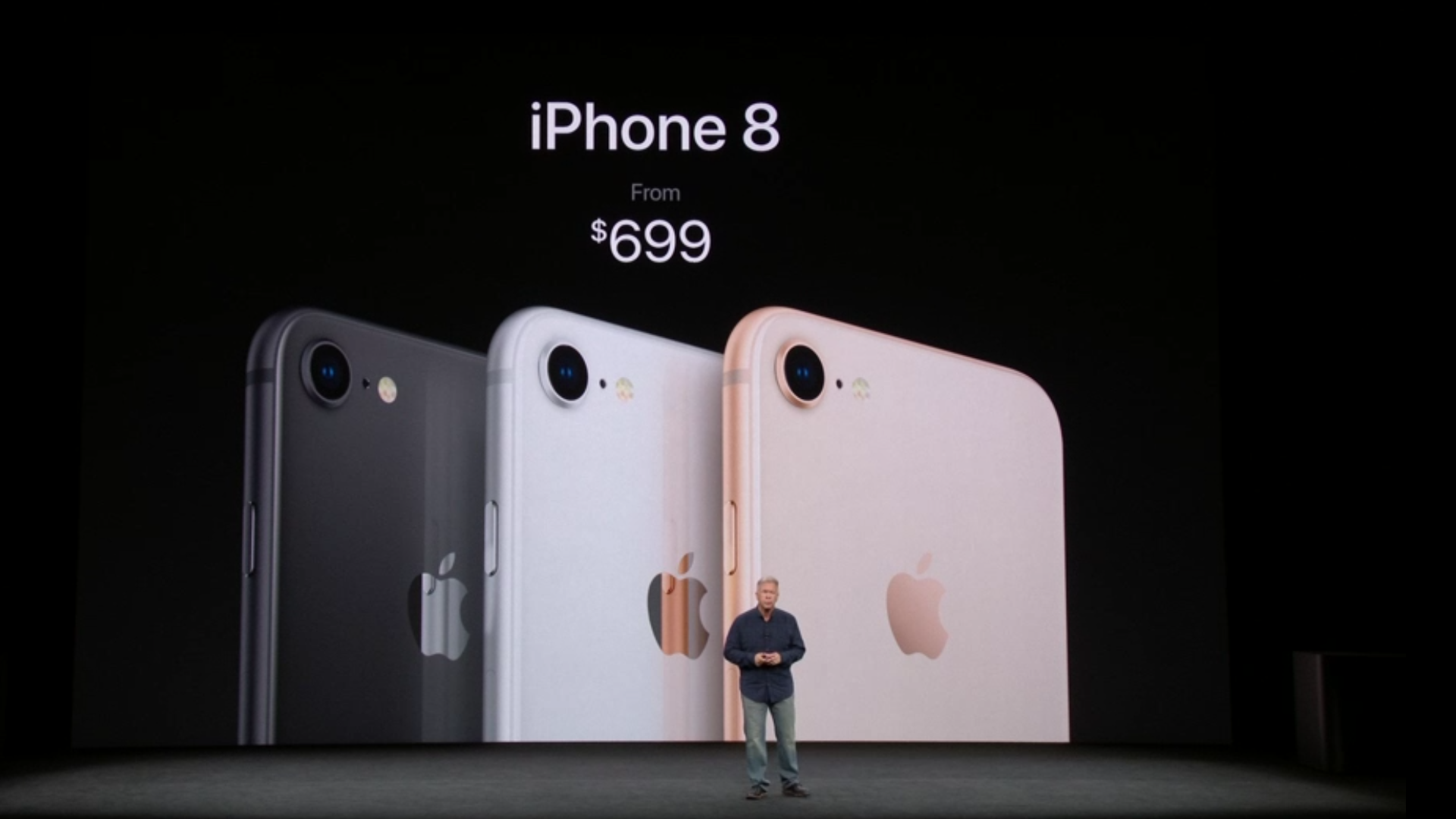
The iPhone 8 starts at $699 and is available to order on 15 September.
SIM-free HTC U11s are £649 / $649 / AU$999.
SIM-free Galaxy S8s start at £639 / $724.99 / AU$1,199
iPhone 8 vs HTC U11 vs Samsung Galaxy S8: early verdict
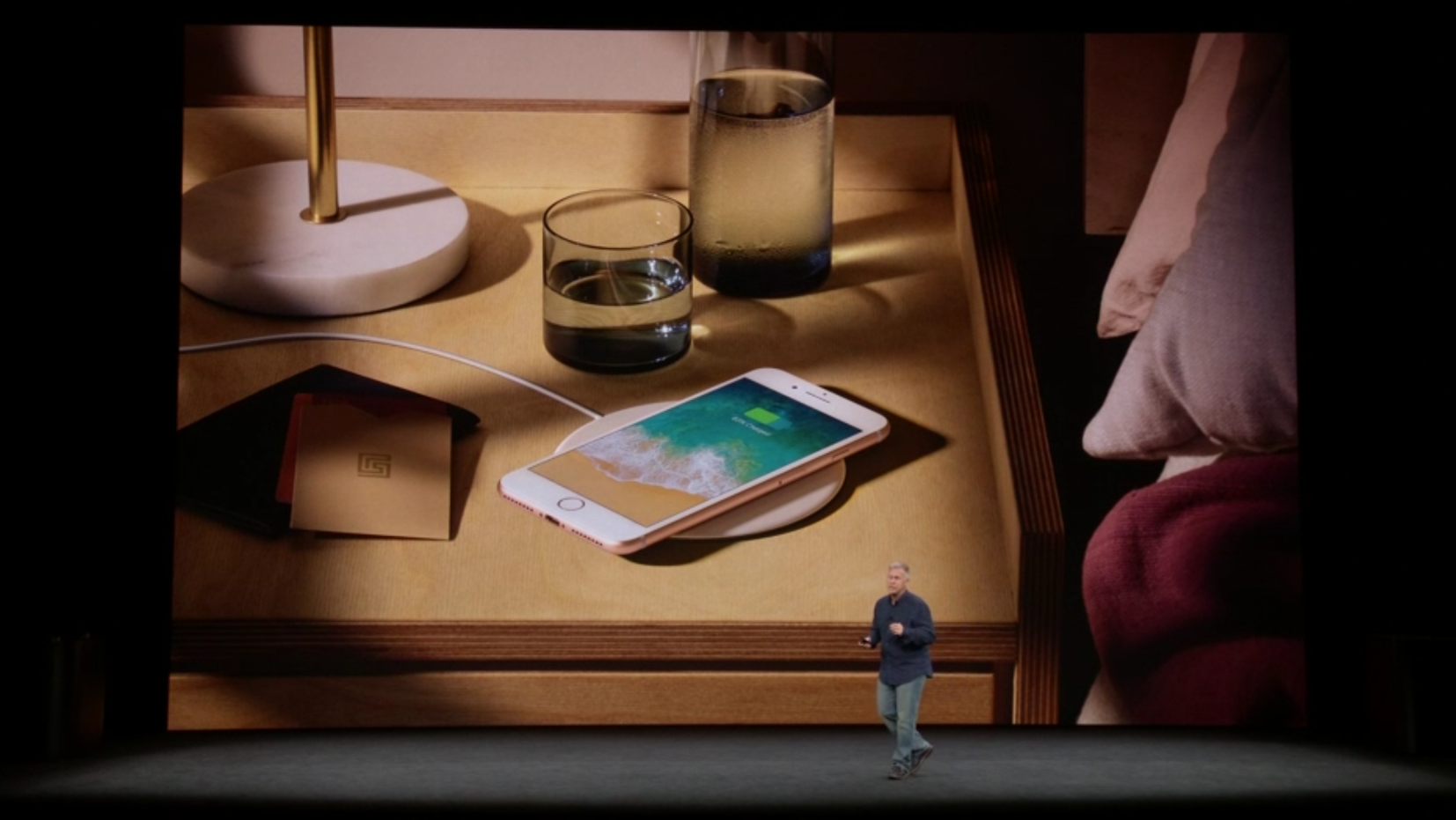
On paper it’s an easy win for the iPhone, which has a screamingly fast processor, a great camera and an exciting future involving augmented reality. But of course it’s more complex than that, because people who invest in one OS tend to stick with it. Smartphone speeds have reached the point where everyday stuff is instant, and if you’re in the Android camp there aren’t enough solid reasons to pick an iPhone over a Galaxy S8 - or vice versa.
Where does that leave the HTC? It’s a really good phone, but unfortunately its rivals are just that little bit better - and in the case of the Galaxy S8, an awful lot prettier too.
Writer, musician and broadcaster Carrie Marshall has been covering technology since 1998 and is particularly interested in how tech can help us live our best lives. Her CV is a who’s who of magazines, newspapers, websites and radio programmes ranging from T3, Techradar and MacFormat to the BBC, Sunday Post and People’s Friend. Carrie has written more than a dozen books, ghost-wrote two more and co-wrote seven more books and a Radio 2 documentary series; her memoir, Carrie Kills A Man, was shortlisted for the British Book Awards. When she’s not scribbling, Carrie is the singer in Glaswegian rock band Unquiet Mind (unquietmindmusic).
-
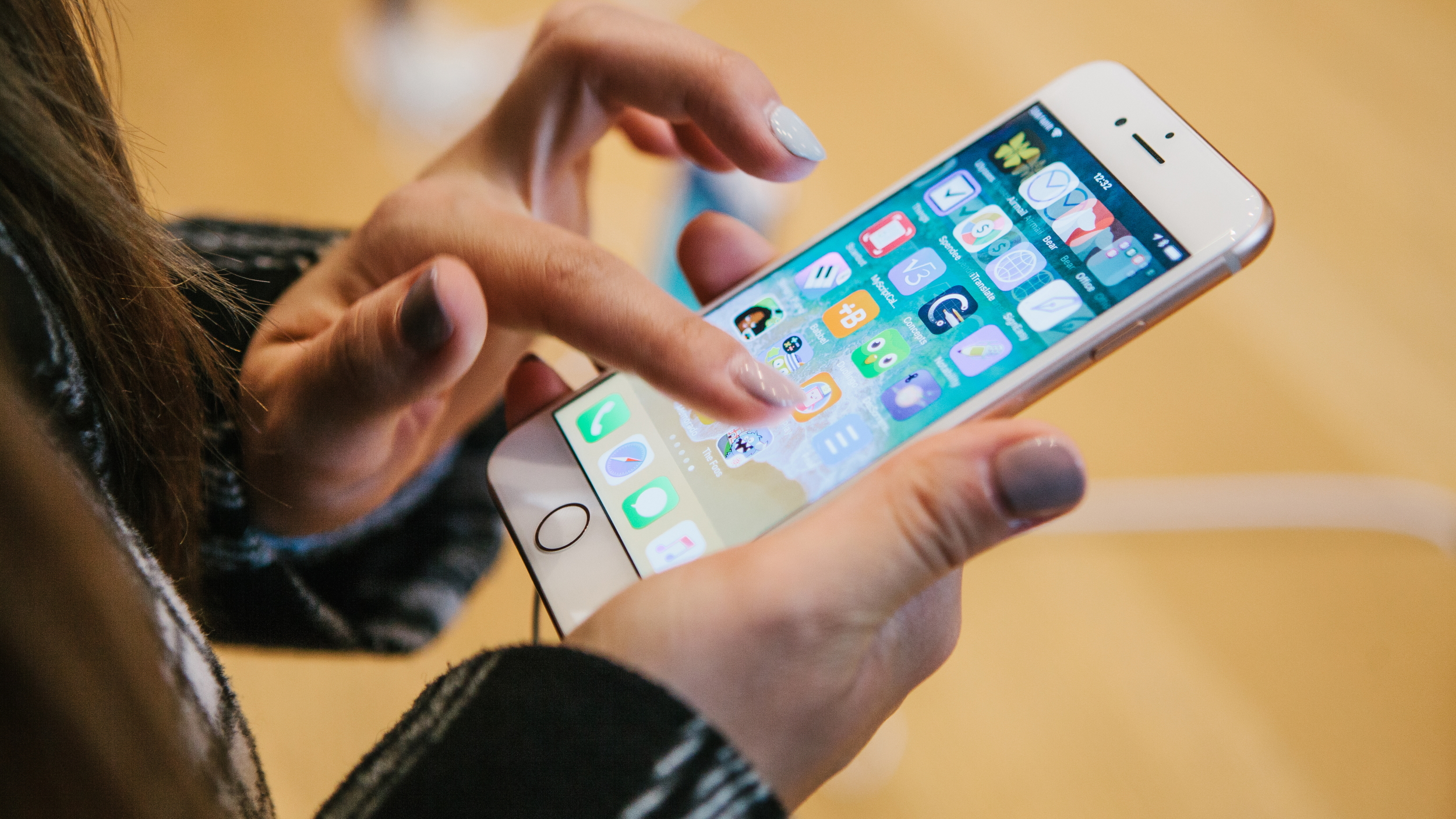 iPhone 8 review: is this Apple iPhone still worth buying in 2022?
iPhone 8 review: is this Apple iPhone still worth buying in 2022?Is the Apple iPhone 8 still a good buy today? Let's find out in T3's iPhone 8 review
By Spencer Hart
-
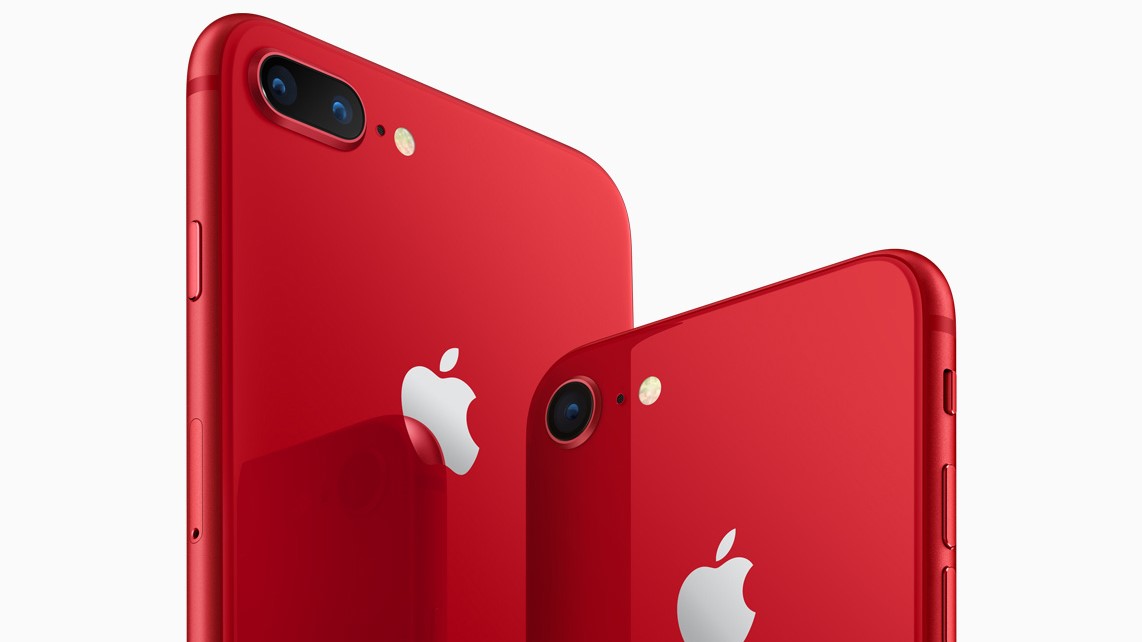 Apple's Red iPhone 8 and iPhone 8 Plus join the fight against AIDS… and look stunning
Apple's Red iPhone 8 and iPhone 8 Plus join the fight against AIDS… and look stunningSales from (PRODUCT)RED iPhones will help fund testing, counselling and treatment for people living with HIV/AIDS
By Luke Edwards
-
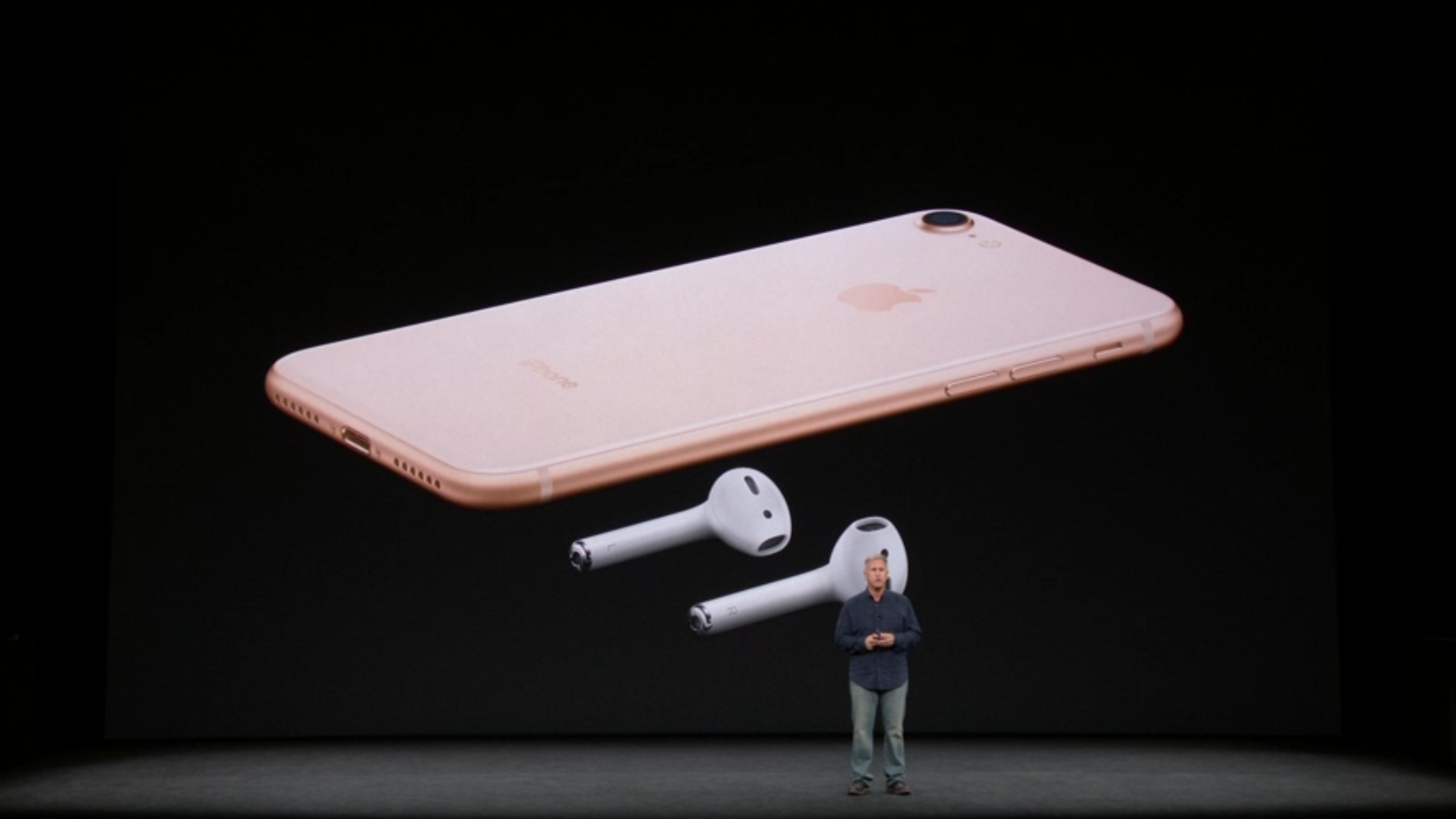 iPhone 8 vs Samsung Galaxy S8 specs comparison
iPhone 8 vs Samsung Galaxy S8 specs comparisonIt's the battle of the 8s, as Apple's hot new iPhone squares up against Samsung's flagship
By Robert Jones
-
 iPhone 8 review: is this Apple iPhone still worth buying in 2022?
iPhone 8 review: is this Apple iPhone still worth buying in 2022?Is the Apple iPhone 8 still a good buy today? Let's find out in T3's iPhone 8 review
By Spencer Hart
-
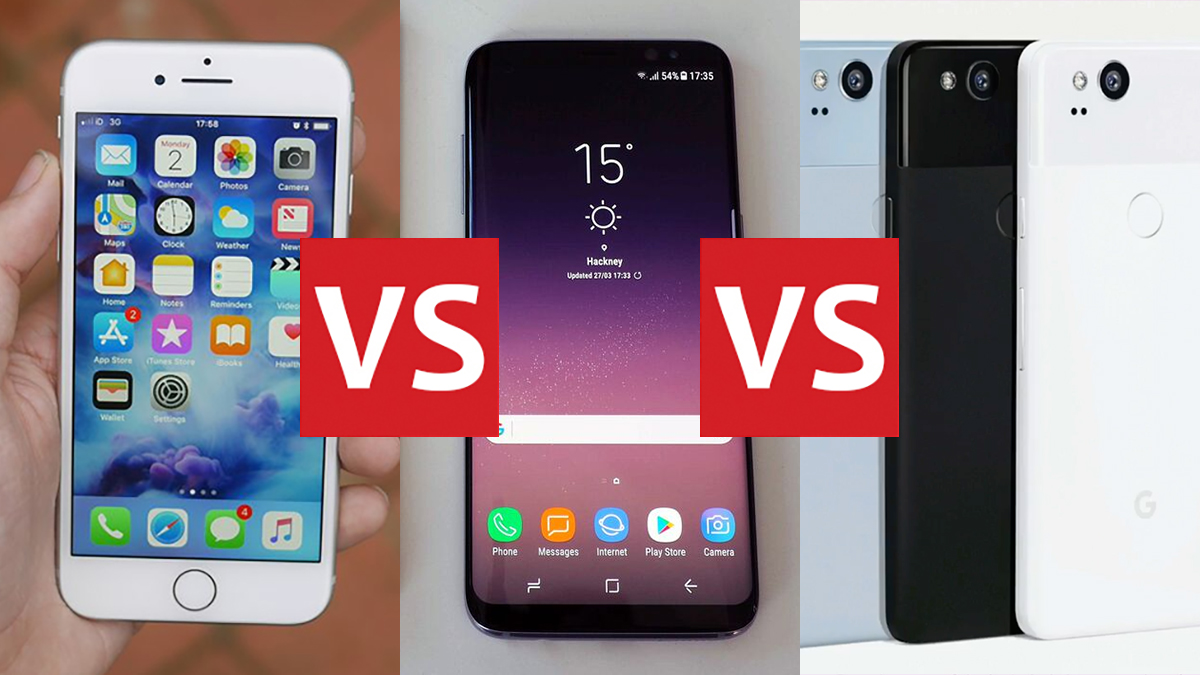 iPhone 8 vs Galaxy S8 vs Pixel 2
iPhone 8 vs Galaxy S8 vs Pixel 2Is Google back in the game?
By David Nield
-
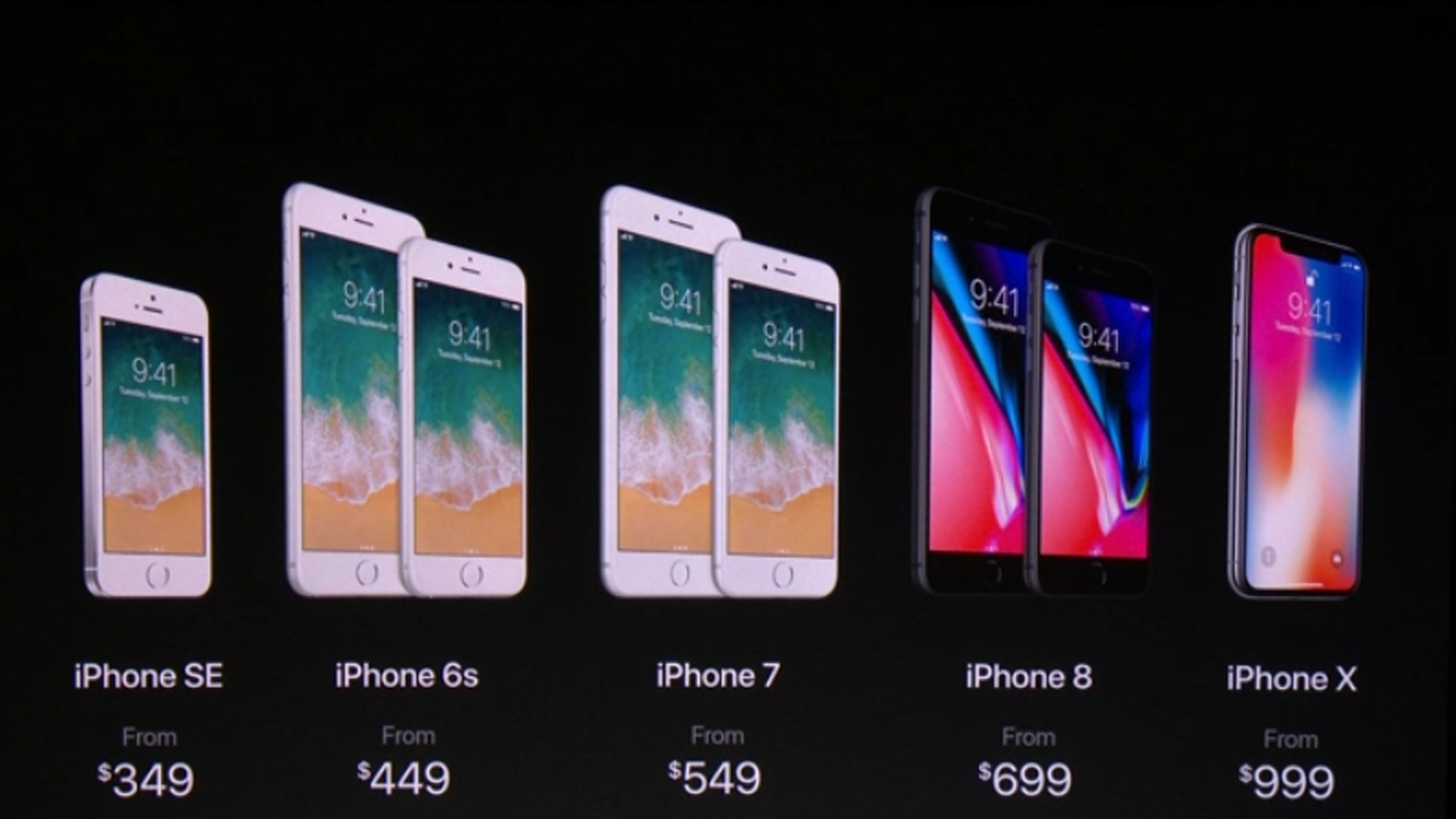 Apple's iPhone X, iPhone 8, Apple TV 4K, Watch 3 event: here's what happened
Apple's iPhone X, iPhone 8, Apple TV 4K, Watch 3 event: here's what happenedExpensive, yes. Quality, certainly. Anything really new? We'll get back to you
By Duncan Bell
-
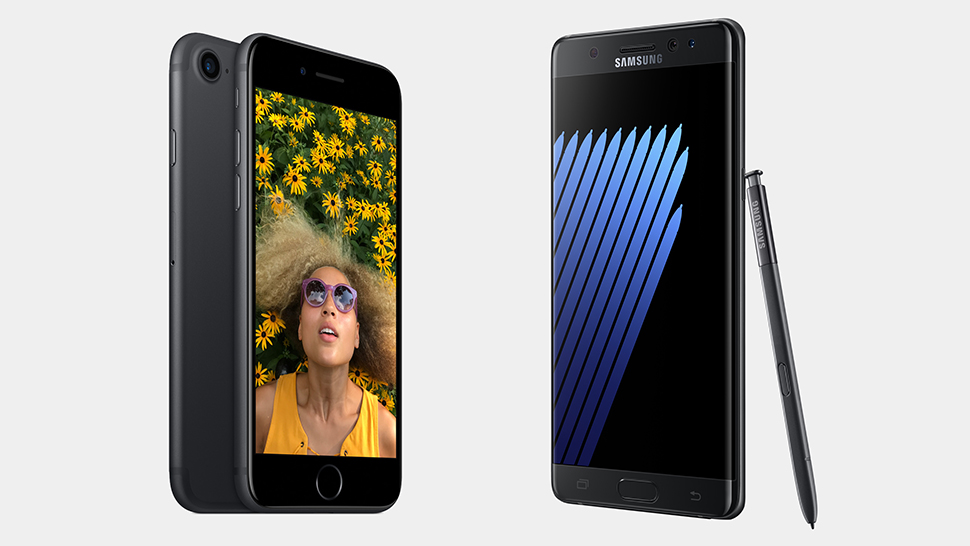 Why the Samsung Galaxy Note 8 is about to steal the iPhone 8's thunder
Why the Samsung Galaxy Note 8 is about to steal the iPhone 8's thunderThe heavyweight smartphone bout of 2017
By David Nield
